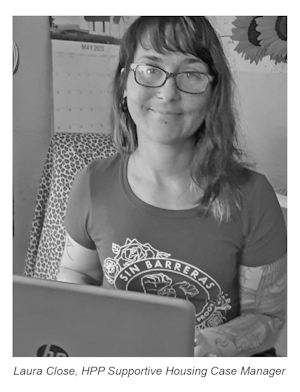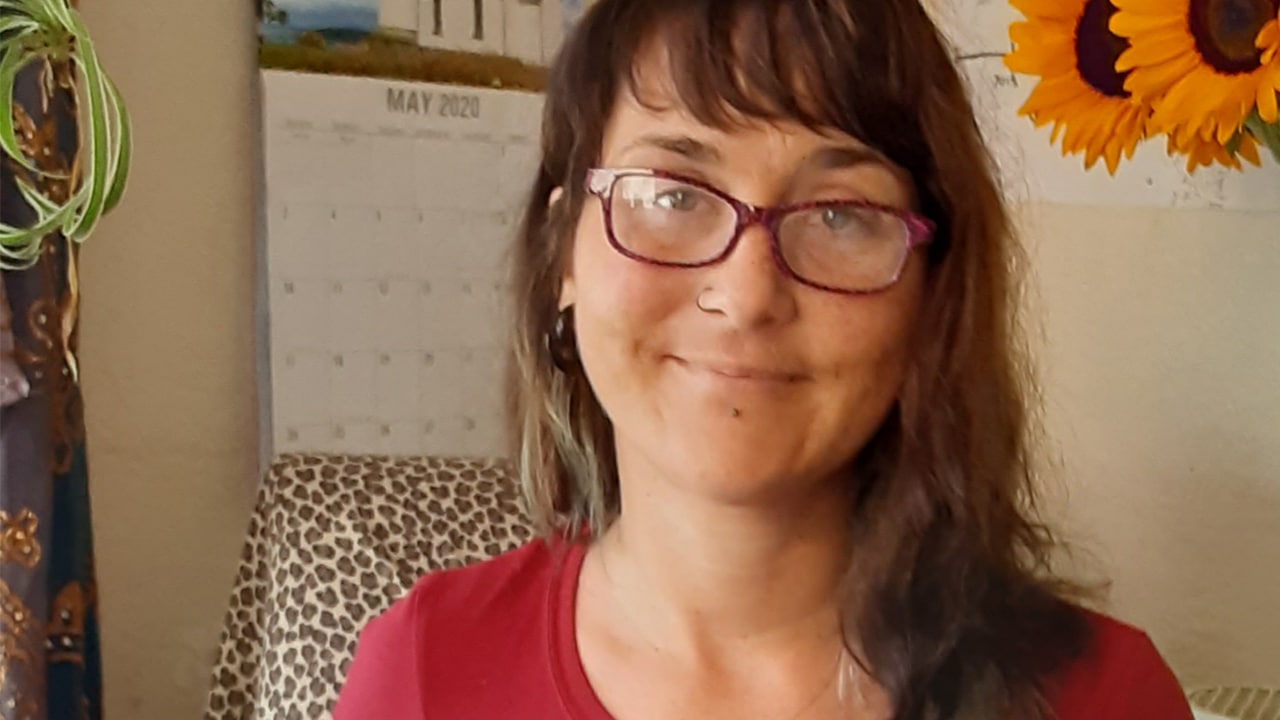“Many of the families in my caseload have been working hard to survive their whole lives. They have made incredible progress, being proactive and productive, but this crisis has brought all of that to a standstill” said Laura Close, a case manager at Homeless Prenatal Program (HPP), a Tipping Point grantee that provides services to 4,000 low-income pregnant women and families in San Francisco every year. Many of the families Close sees are now unable to afford basic necessities like food, rent, and the technology needed to remain connected to schools, the workforce, and support systems.

HPP has been able to respond to the increased need for necessities, distributing nearly 500 bags of food per week, along with critical supplies like gas cards, transit vouchers, cleaning products, diapers, formula, car seats, pack-n-plays, and kids’ activity kits. And on top of that, the shelter-in-place order made shockingly clear the effects of the digital divide: HPP is one of many Tipping Point grantees which have been forced to adapt their core services, many of which are designed to be face-to-face, to a new socially distanced reality that necessitates having internet enabled devices.
While technology has allowed HPP to keep a pulse on real-time needs across the community and respond quickly to marshal additional resources, it quickly became clear that some families did not have phones and others faced connectivity issues, data limits, or lapses in service due to inability to pay a phone bill. HPP worked to secure philanthropic support—including a Tipping Point emergency relief grant—as well as donated prepaid devices, laptops, and tablets.
For one of Close’s clients, who prided herself on being “old school” when it came to technology, her lack of internet meant her son couldn’t participate in middle school. So Close set up a conference call with a cable company to ensure that her client got set up with reliable internet access in their apartment. “This mother went from having no internet to going online, setting up an iPad from the school district for her son, and getting acquainted with Google Classroom,” Close said. “Now she’s proud her son is going to his virtual classes and keeping up with his classmates. That sense of connection is crucial for both of them.”
Closing the digital divide has also been a new priority for Nurse-Family Partnership (NFP), a Tipping Point grantee that supports 720 low-income first-time mothers and their families in the Bay Area. Like HPP, NFP’s model is based on in-person relationships where specially trained nurses conduct home visits to young, first-time moms and moms-to-be from the time that mother is pregnant and until the child is two years of age.
When the organization suspended its in-person home visits on March 17, NFP nurses quickly moved to providing the program via telehealth and identified clients who were without devices and internet access. To ensure that the relationship between an NFP nurse and her client continue, the organization leveraged partnerships to provide iPhones and coverage at no cost to moms and used a Tipping Point emergency relief grant to help underwrite data plans, security, shipping, and coordination costs.
NFP’s virtual home visits between mother and nurse have continued at the same frequency as before the crisis. Additionally, the organization’s existing mobile app, Goal Mama, has allowed NFP nurses to set goals with their clients as well as create another avenue for private communication between nurses and mothers, which has proven to be particularly vital in instances of domestic violence, anxiety, and depression.
“During the pandemic, the families that NFP supports are more isolated than ever. Our Phones for Families initiative provided a lifeline to families to stay connected with their Nurse Home Visitor, as other resources rapidly fell away,” said Grace Lally, a nurse consultant with NFP. “By allowing pregnant and new moms to connect with their nurse by phone, the initiative has made pandemic pregnancy and parenting less lonely and has provided hope.”
The ability of these organizations to move their programs online so quickly, while also getting families access to digital resources, is remarkable. And so far, the shift has been well received.
“I never imagined we would be doing prenatal groups and breastfeeding consultations online, but it’s working,” said Francesca Cunningham, a lactation specialist at HPP. “Last week on our Zoom group call, one soon-to-be mother tearfully shared feelings of fear and anxiety of her impending labor. A mom in the group who had recently delivered told her that she was going to be okay and invited her to call anytime. There is so much innate wisdom in women—the value of groups is that they are able to discover that wisdom and offer it to the others. This kind of exchange has survived in this new form.”



